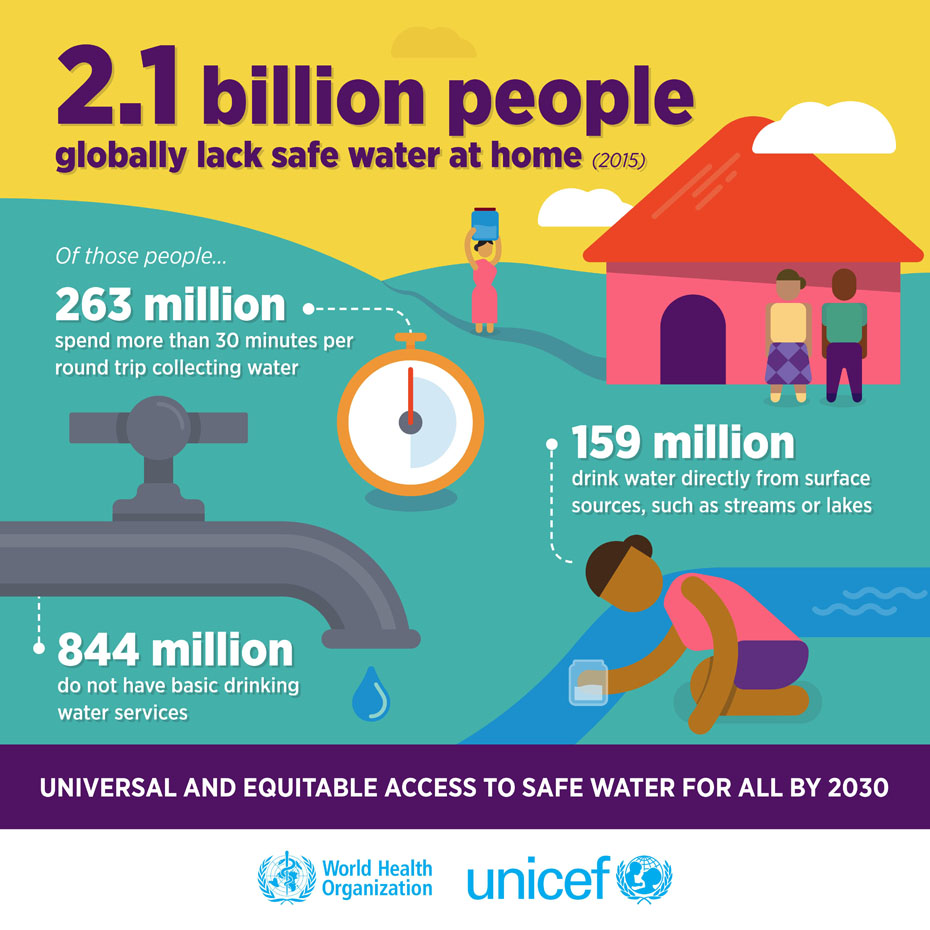An initiative for your friends that wonder what you work on
Published on: 06/02/2019
"Information leads to transformation. If you are not inspired by being informed, you will expire by becoming deformed!" - Israelmore Ayivor
I know my friends very well. So well that I also know their toilet habits. It may sound strange to start a blog with a fact like this but I will make my point.
The first category of my friends would avoid going to any toilet that is not the one in their homes. People in the second category are those that to the eyes of the first category seem daring, as they make use of toilets in public spaces and other homes. Human behaviour is rich in diversity.
Where am I going with this? My real purpose is to further expand this concept to make more people – outside of the Water, Sanitation and Hygiene (WASH) sector – familiar with the concepts and issues of WASH. That when we talk about sanitation, people are aware that defecation—old as human history and part of our daily practices—has evolved disproportionately around the world.
People working in WASH know that today, at the beginning of 2019 and the 4th year into the Sustainable Development Goals (SDG) era, there are 892 million people that have no other option than to practise open defecation. If you are familiar with WASH, you do not need any further explanation of the abbreviation nor about what open defecation means. However, as my friends may wonder, open defecation would put you in a third category, where when nature calls, you have no other option than to go to the bushes, river, or a distant quiet place that is available to relieve yourself.
Take for example, World Toilet Day, an international holiday dedicated to highlighting the need to provide safe sanitation facilities to all. It is a day that is celebrated annually on November 19th. Very few of my friends even know that such a day exists and why.
Before writing this blog, I spent quite some time thinking if we – WASH professionals – could communicate more broadly about these issues. Conditioned by the environment that surrounds me, I noticed that the general public's conversations around sanitation are usually centred around the trivial. Things like the mystery of clockwise or counter-clockwise direction of flushed water, believed to be different between the Northern or Southern hemisphere capture people's attention. While a quick online search can answer these questions (it's an urban myth as this has more to do with the manufacturer than with a physics phenomena) — does it really matter?
What if instead, the general public started asking questions such as how many people in the Southern hemisphere see any water being flushed at all?
See the effects of extensive climate change communication over the past few decades. I am sure climate change is a topic that all of your friends would have something to say about. Awareness about the issue has put pressure on governments around the world to step up and take action. What if WASH could become such an extensively discussed topic? Our friends would be motivated to ask us questions, which could introduce a new perspective to what we do as WASH professionals. They could also be a source of much-needed pressure, demanding faster solutions, policy reforms for lasting change.
When we meet in world water congresses and see case studies from places all around the globe, why not bring people dealing with design, communication, arts, music, psychology, economy, law, rocket science etc. into the conversations? As people, we act like networks, and a healthy network is one that is able to communicate with the entirety of its nodes.
I invite all of you, WASH professionals to write something about your area of focus as if your main audience were your friends. Let's begin a WASH for dummies initiative. Experts on finance, behaviour change, market-based approaches, design, can all bring their input.
Let's be informed, share relevant information and changes will start coming...even if it includes knowing the toilet habits of your friends.
Share your ideas or suggestions for the WASH for dummies initiative in the comments section below or contact Alejandro Medina Aristizábal at amedina.aristizabal@gmail.com.



At IRC we have strong opinions and we value honest and frank discussion, so you won't be surprised to hear that not all the opinions on this site represent our official policy.